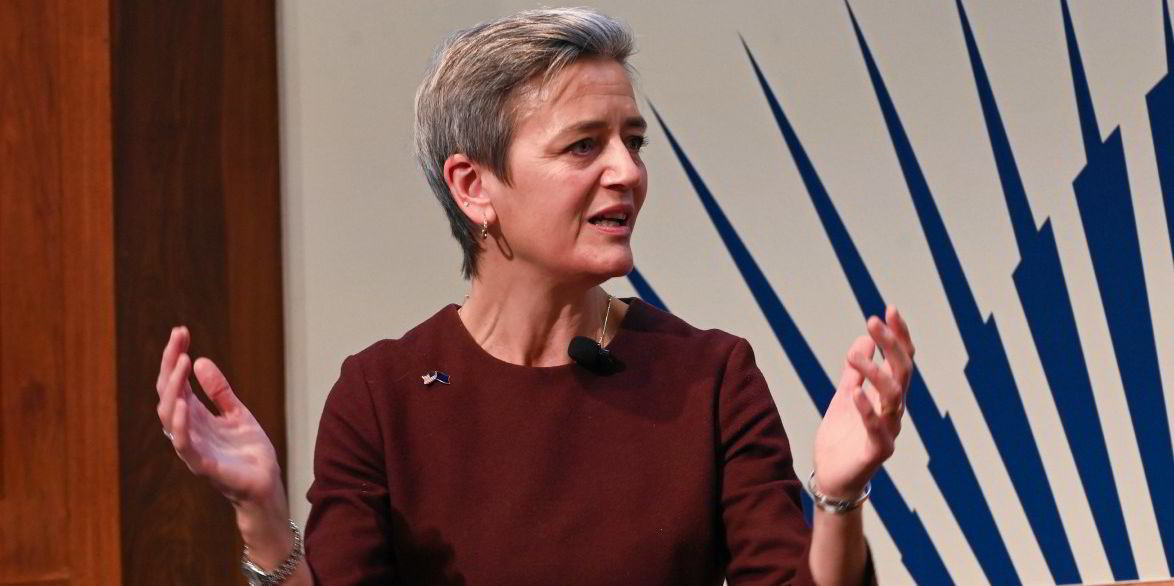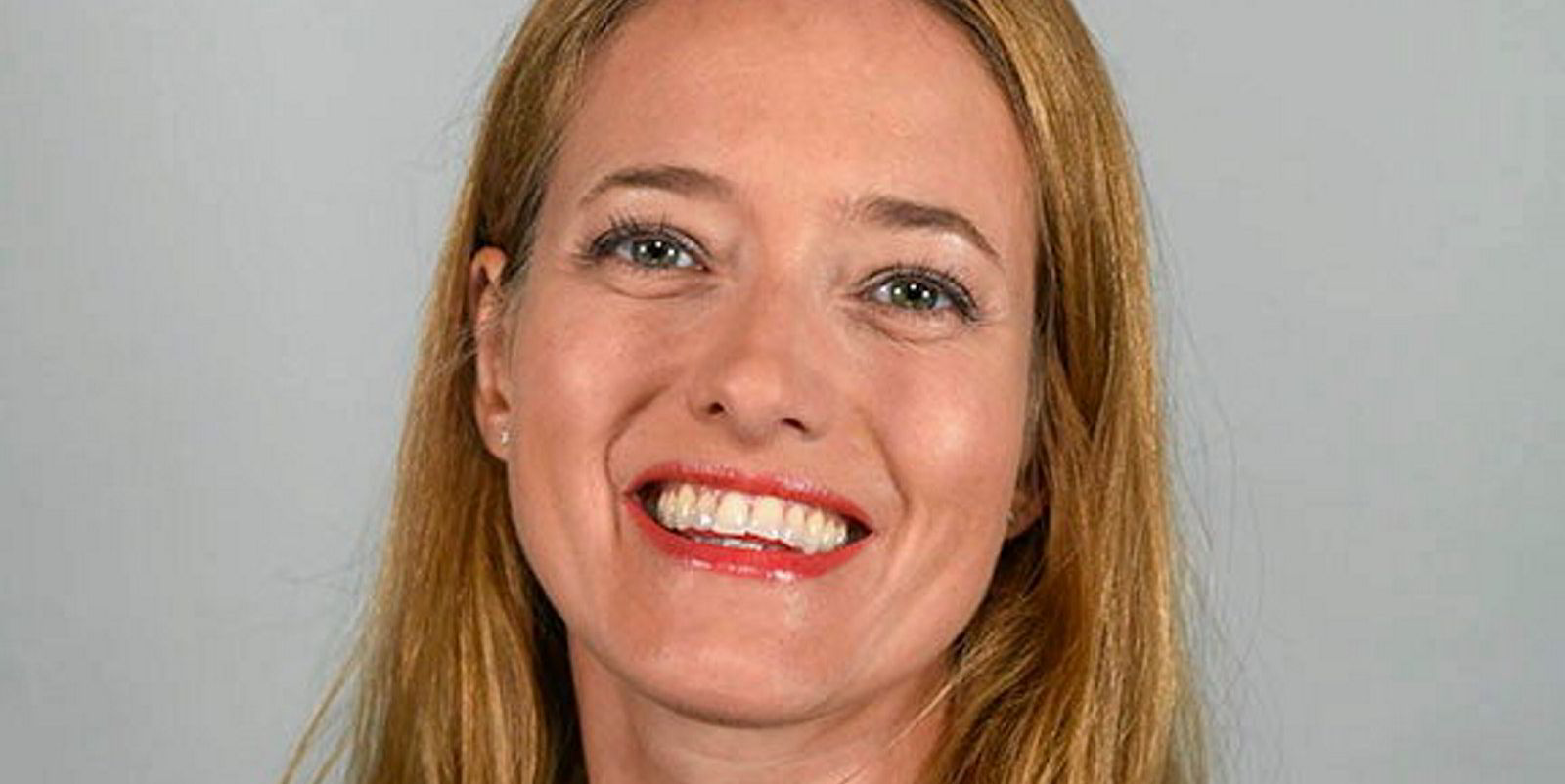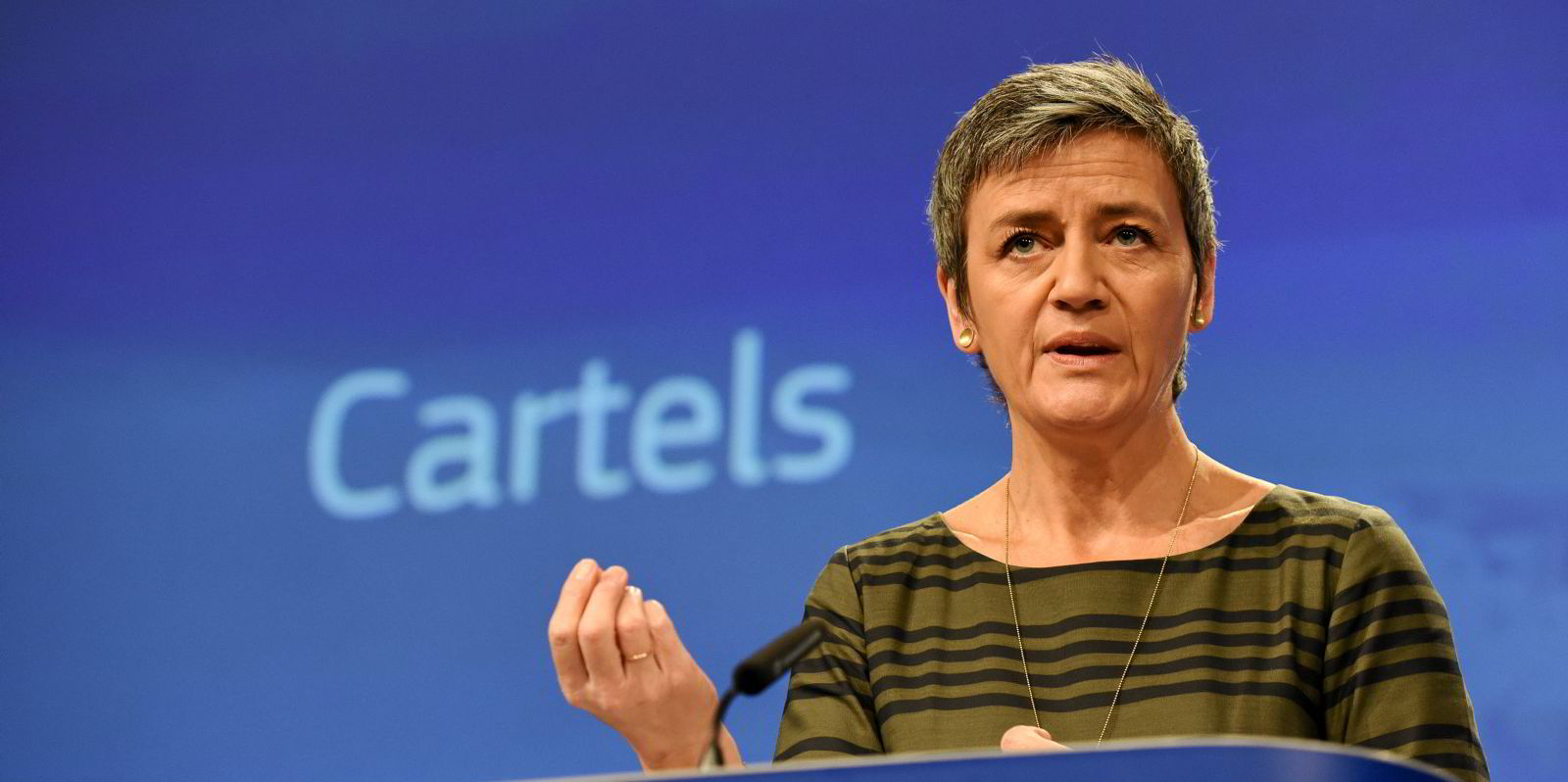Decarbonisation of shipping will require collaboration between policymakers and international organisations, as well as between key players in the industry. However, such collaboration in the private sector can raise competition issues, particularly if the customers bear the burden and cost.
The European Union’s Directorate-General for Competition (DG COMP) has put environmental considerations on its agenda. However, it will balance restriction of competition with the possible benefits of decarbonisation.
Recent statements made by Margrethe Vestager, the European commissioner for competition, suggest that DG COMP will take into account environmental considerations in relation to competition policy.
For example, in her keynote speech at the 25th IBA Competition Conference last year, Vestager confirmed that competition rules should not discourage companies from working together to make their products or services more sustainable — as long as such cooperation does not harm the competition in the market.
Nonetheless, in relation to decarbonisation, DG COMP recognises three types of benefits for consumers that can justify some restriction of competition:
- A benefit for consumers arising out of the fact that a more sustainable product or service is also a better one.
- A benefit for consumers arising out of the fact that they know their purchases or behaviour are benefiting the environment (for example, buying fair-trade goods based on their sustainability credentials rather than based on their taste).
- A benefit for consumers arising out of a public benefit.
The last category of benefits is in line with Article 101(3) of the Treaty on the Functioning of the EU, which exempts anti-competitive behaviour that allow consumers “a fair share of the resulting benefit”.
This exemption comes with two caveats: the restriction on competition must be necessary for the pursuit of the legitimate interest; and the anti-competitive behaviour must not lead to a possible elimination of competition in relation to a substantial part of the relevant products.

DG COMP recognises that a blanket use of the Article 101(3) exemption could lead to only a limited number of consumers bearing the burden of improving the environment for the public benefit.
This could conflict with a fundamental principle of competition law — that restriction of competition can be justified only if the relevant consumers are not worse off on balance.
Therefore, DG COMP concluded that any agreements limiting competition on the basis of a public benefit will be legal only if the consumers get a fair share of the benefits they produce. Any such fair share should outweigh the burden they carry, such as a higher price.
Collaboration on decarbonisation
Collaboration on decarbonisation is now encouraged by many international organisations. However, companies must be careful not to exchange commercially sensitive information, such as suppliers, contractors or clients they will or will not deal with. Nor should they enter into any mandatory agreements.
DG COMP recognises that every cooperation agreement is different, and that some restriction of competition can be justified if it is outweighed by the benefit to the consumers.
Therefore, to decide whether a certain form of cooperation is unlawful, the European Commission must balance the benefits against the potential harm to consumers.
The previous decisions of DG COMP provide some guidance as to what type of cooperation is or is not allowed to further environmental benefits. For example, a July 2021 case involving car emissions confirmed that while such collaboration may be allowed in principle, sustainability agreements must not act as covers for a cartel.
Consortia examined
In shipping, cooperation of liner services is allowed under the Consortia Block Exemption Regulation, under certain circumstances.
The regulation can promote collaboration on shipping decarbonisation. For example, by allowing for cooperation of joint services via consortia between liner companies, the regulation encourages vessel-sharing agreements that reduce consumption and promote lowering of vessel emissions.
While the EU Directorate General for Mobility & Transport has had carbon emissions reduction measures (such as slow steaming) on the agenda for a few years now, DG COMP is yet to weigh in on the balance between decarbonisation and cooperation in shipping.
The review of the Consortia Block Exemption Regulation provides an appropriate platform for that.
To the extent a clear balance is struck between environmental benefits and restriction of competition of the market, the EU appears to be willing to consider various environmental arguments in informing its policy. It will be interesting to see the weight they are given as DG COMP reviews the regulation.
Marjorie Holmes is a partner at law firm Reed Smith.
Michaela Hanzelova is a trainee at the firm.
Do you have an opinion to share?
Email: news@tradewindsnews.com





